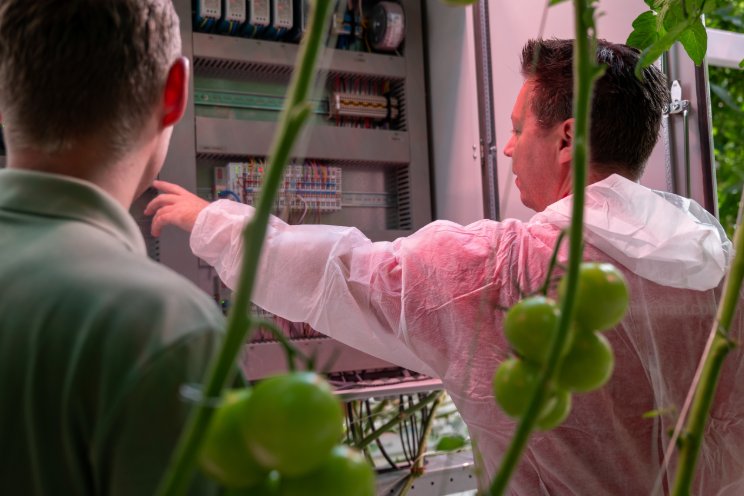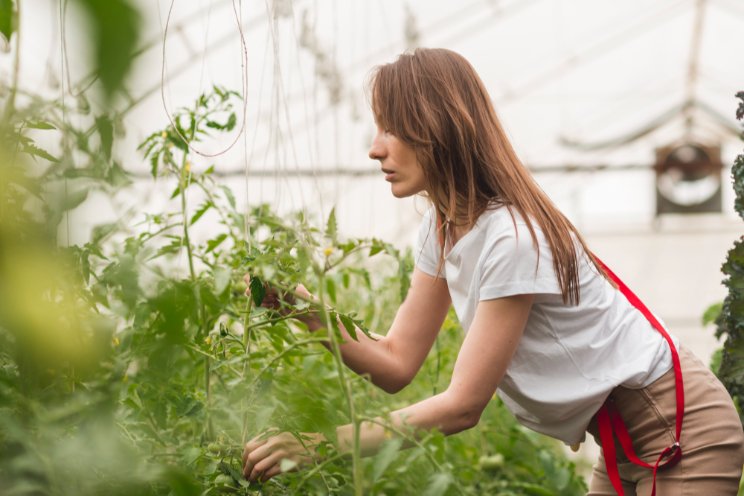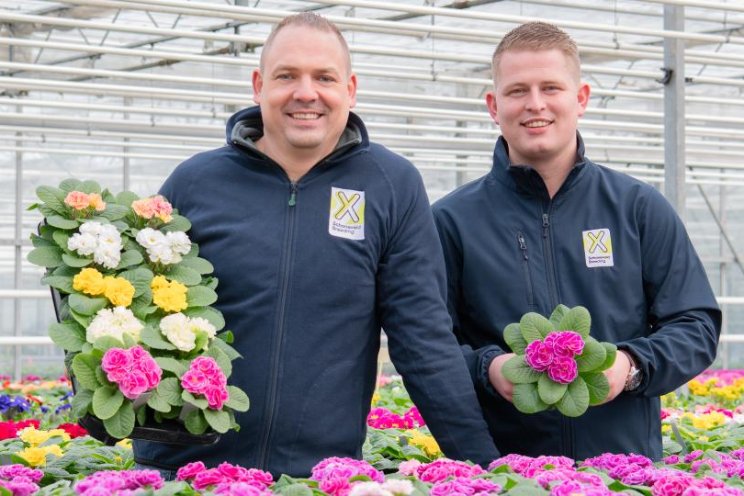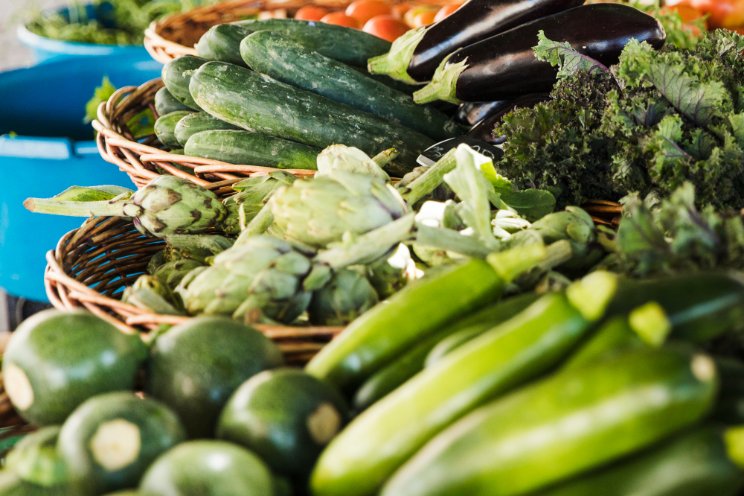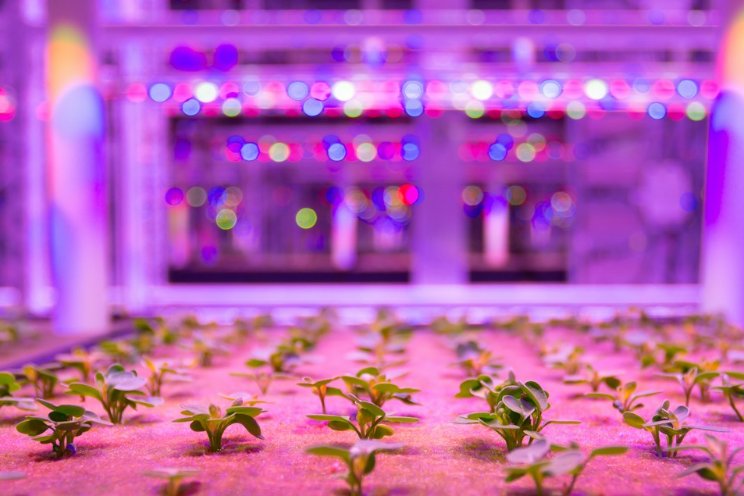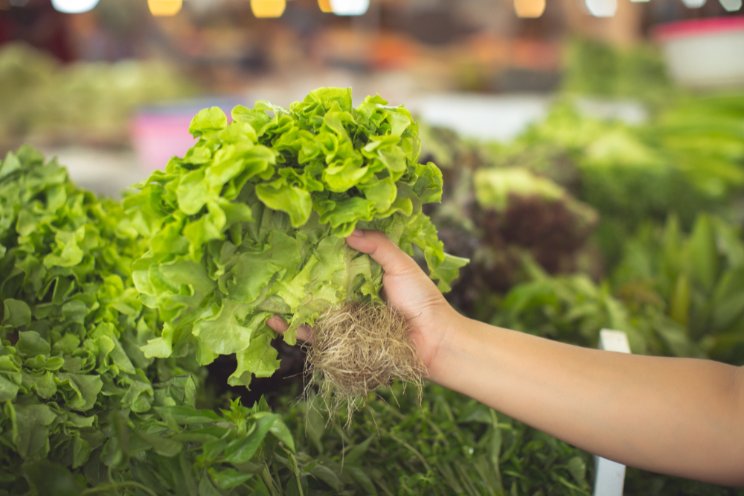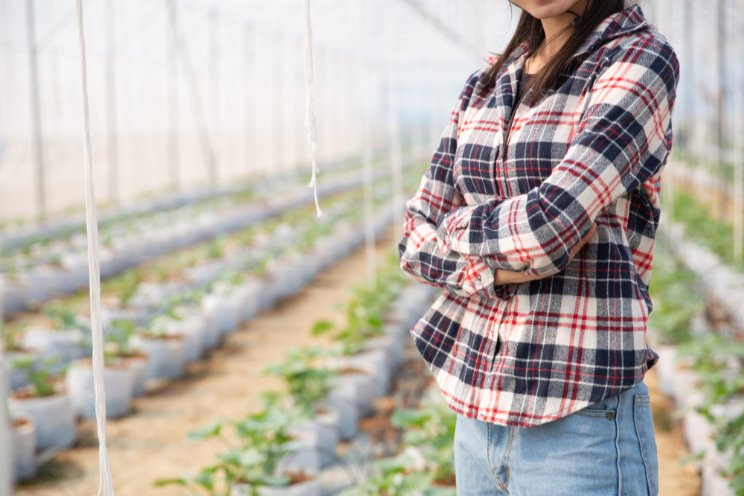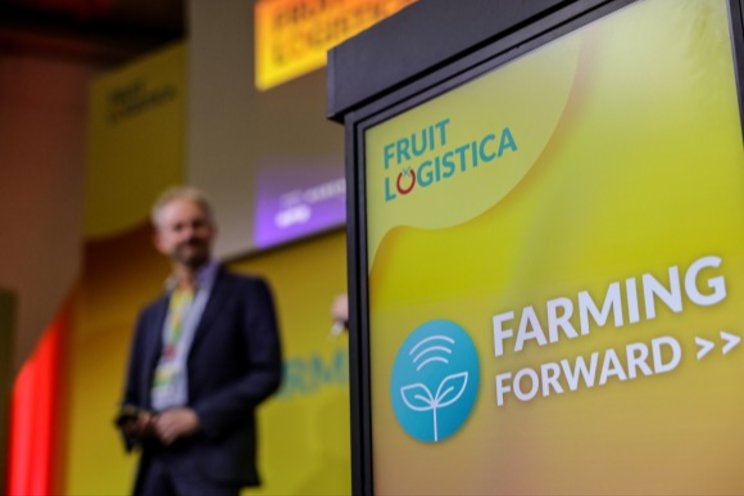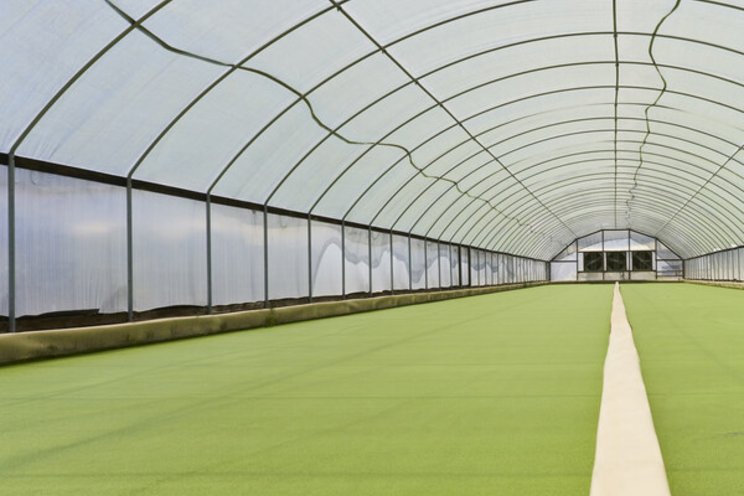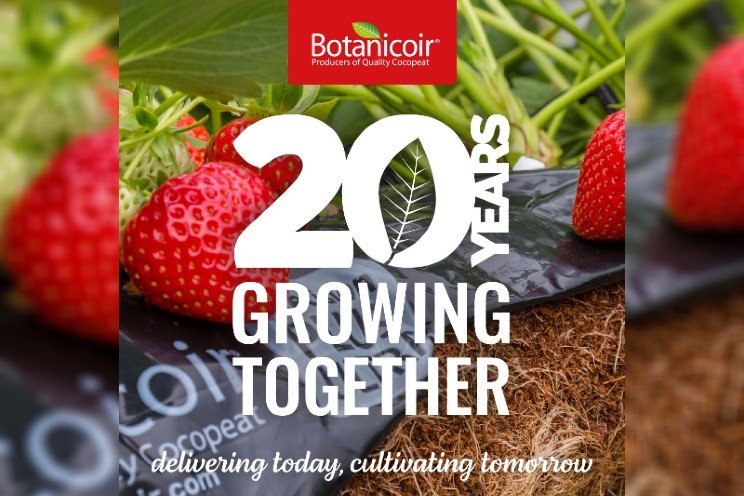New research: Are high tunnels a profitable investment?
Added on 12 February 2022
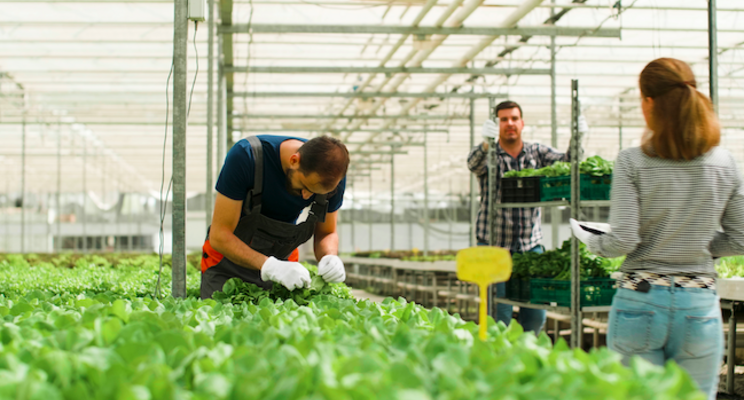
Laura Ingwell, an Assistant professor of Entomology at Purdue University, has been addressing these questions and works with specialty crop growers across the Midwest. She now leads a $3.7 million USDA National Institute of Food and Agriculture project through the Specialty Crop Research Initiative. The four-year project will lead to integrated pest management and crop management recommendations, as well as an online tool to help farmers decide what approach would improve their profit.
"We want to understand the environmental constraints for the plants and pests in high tunnels throughout the seasons, and how pest pressures may differ across the urban to rural landscape," Ingwell says. "The goal is to help growers improve yields and profits, and to improve food security for local communities and sustainable practices for all growers."
Ingwell's team includes experts from Purdue, the University of Illinois, and the University of New Hampshire in the fields of entomology, horticulture, and agricultural economics. It also will include growers across Indiana, Illinois, and the New England area.
"This study is a collaboration with the growers, and we are not asking them to change their crops or do anything differently," she says. "We simply want to observe. Then we will be able to make recommendations and develop tools to help all growers from urban to rural settings and from community to small commercial systems."
Ingwell hopes to study a variety of high tunnels, crops, and growing practices. Interested growers can contact Ingwell directly at lingwell@purdue.edu, or through their local Purdue Extension or Purdue's Midwest urban agriculture programs.
The team will deploy weather stations to track air and soil temperatures, and humidity both inside and outside of the tunnels. They also will directly monitor pests and beneficial insects through site visits and passive traps. The team also will collect data to build an online tool to calculate whether an investment in an integrated pest management strategy or crop diversification will be profitable for a farmer.
"We want to build an easy-to-use online tool, like TurboTax, where farmers can answer inputs and expenses questions and the tool performs an assessment and offers financial guidance" says Ariana Torres, an Associate Professor of Agricultural Economics and Horticulture and Landscape Architecture at Purdue who is part of the team. "Not every farmer grows the same way. When you have multiple crops, it may be complicated to do these financial calculations and it takes time small farmers don't have. We hope this tool will clearly show the impact of one approach versus another."
Click here to read more.
Photo created by DCStudio - www.freepik.com
Source: Greenhouse Grower
More news
